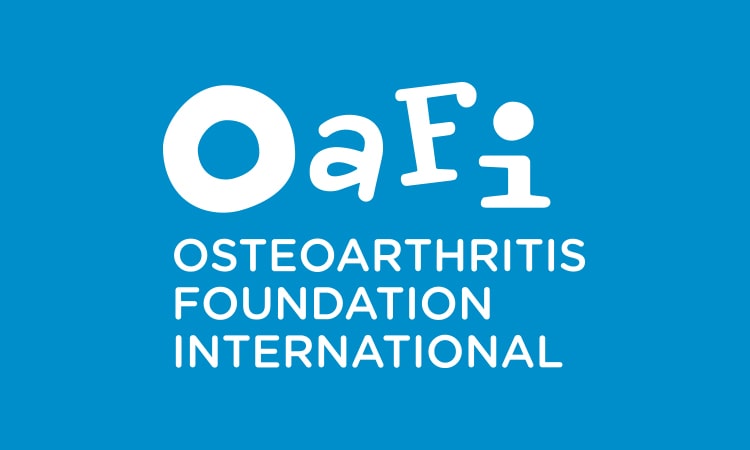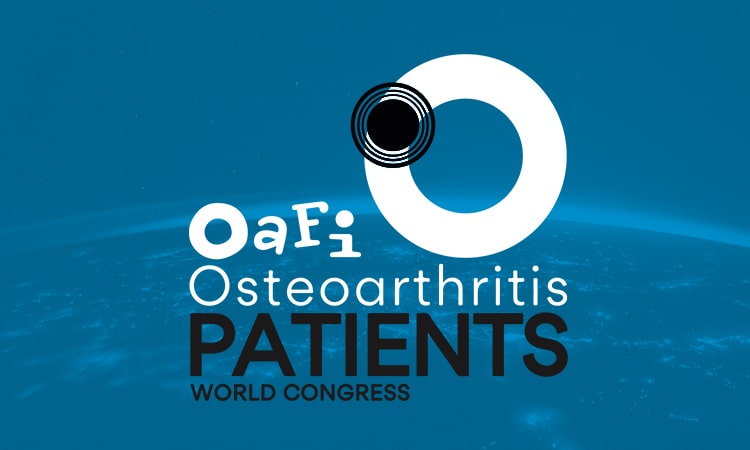- Foundation
- Actions
- Osteoarthritis
- Actuality
- OAFI Radio/TV
- Get Involved
- Contact
OAFI
Osteoarthritis International FoundationC/ Tuset, 19 · 3º 2ª
08006 Barcelona
(+34) 931 594 015
info@oafifoundation.comSchedule:
Monday-Thursday 9AM-6PM
Friday 8AM-3PM
-

-

-

Patients and Experts Agree: Vitamin D Should Be Included in Primary Care Analysis

On June 29, the Asociación Nacional de Informadores de la Salud (ANIS), together with Agencia Raíz, organized the debate “Vitamin D: controversies and evidence 2021”, in which the impact of vitamin D on the population and on patients with osteoporosis was discussed.
With invited experts in the sector such as Dr. Francisco López Medrano, physician of the Hospital Universitario 12 de Octubre, Xavi Granda, journalist specialized in health and Carmen Sánchez, treasurer of AECOSAR, the need to give more importance to this hormone in current primary care was made clear.

What is vitamin D?
Although its name may be confusing, vitamin D is not a vitamin, but a hormone. Vitamins are substances that we take in from the outside as the body cannot synthesize them; however, vitamin D is synthesized from sources such as the sun’s rays. Sun exposure is therefore essential for proper synthesis and, if we are exposed to only a few hours of sunlight, supplements are physiologically necessary.
It is also important to differentiate between the different types of molecules that make up vitamin D: cholecalciferol, which is found in food and synthesized in the skin by the sun’s rays, and calcidiol or calcifediol, an intermediate form that is synthesized in the liver.
The importance of the small print
Both cholecalciferol and calcidiol are marketed in Spain and, although both are part of vitamin D, they cannot be used as equivalents. Calcidiol, for example, causes a more rapid rise in blood levels of this hormone and could lead to vitamin D intoxication.
It is for this reason that Dr. López points out that one must be cautious in interpreting the information, the small print and the doses and figures, in order to know which of the two molecules one is talking about and to be able to take the correct amount.
The difference between supplementation and treatment
It is essential to know vitamin D levels in order to determine whether hypovitaminosis treatment or supplementation is necessary. We often confuse these two concepts, but hypovitaminosis treatment has nothing to do with supplementation for people who already have good vitamin D levels.
Low vitamin D levels increase the risk of infections, as vitamin D generates cathelicidins (natural antibiotics) against the incidence of infections. Studies show that people with low levels of this hormone often have more infections and more chance of serious infection.
Vitamin D, a key to osteoporosis treatment
Vitamin D not only generates cathelicidins, it is also a great ally for our bones and their maintenance, as it promotes the absorption of calcium through the formation of osteoblasts. For this reason, it should be an essential part of the treatment of patients with osteoporosis in order to avoid the so-called “soft bones”.
As Carmen Sánchez (AECOSAR) points out, many patients, despite having vitamin D supplementation in their treatment, are unaware of its importance. Therefore, primary care physicians should involve the patients, inform them about it, provide a good explanation of the treatment and its dosage, and coordinate with specialized care in order to ensure a good follow-up.
Given these facts, both the experts invited to the debate and patients agree on the importance of demanding that primary care physicians be allowed to include vitamin D levels in their analyses, a hormone which, as we have seen, is essential for the proper functioning of the body and the care of our joints.
On OAFI radio we had the pleasure of having Dr. Javier Sobrino, with whom we also talked about vitamin D. Here you can take a look at it:
Categories :





















Leave a Reply